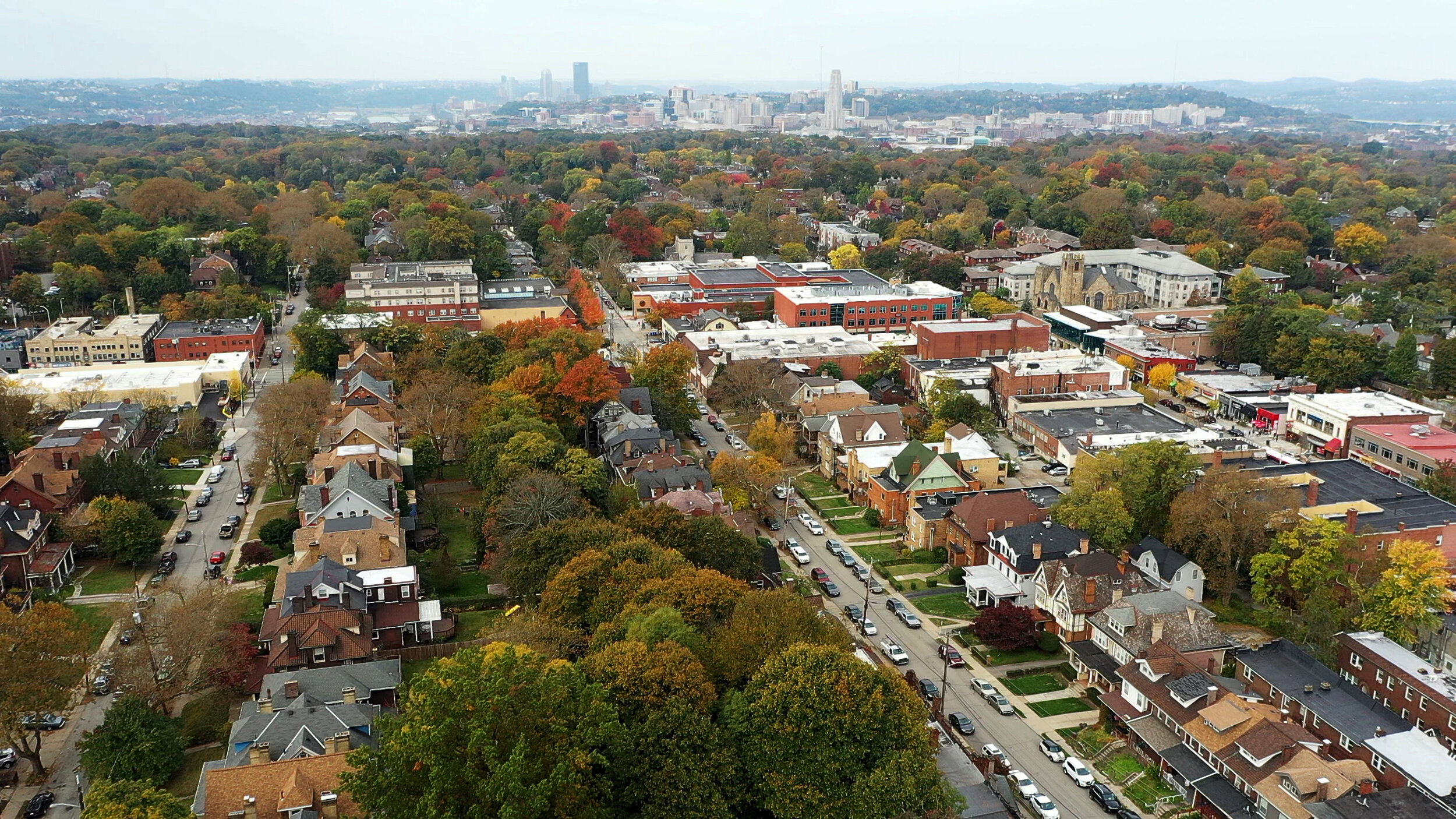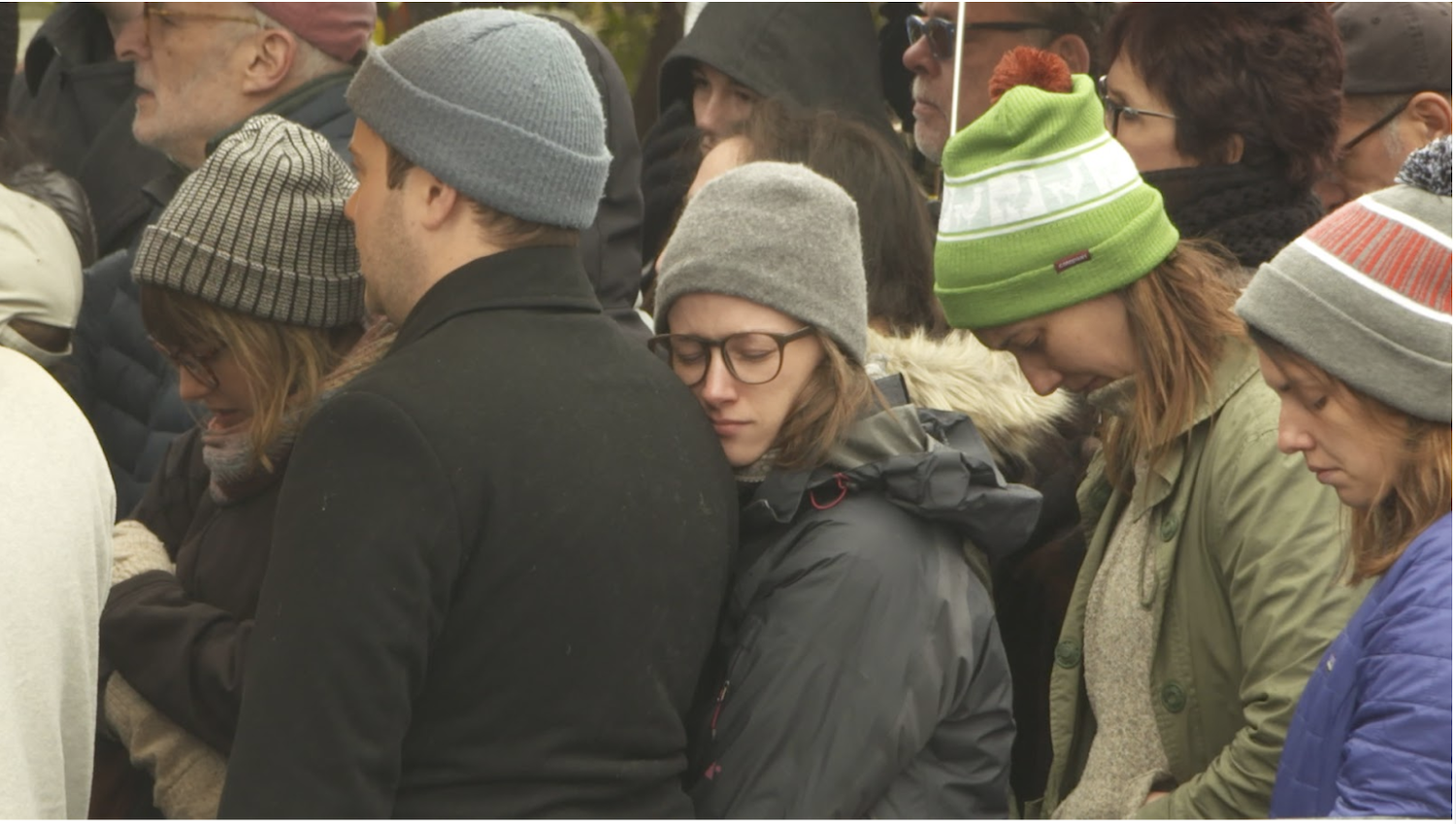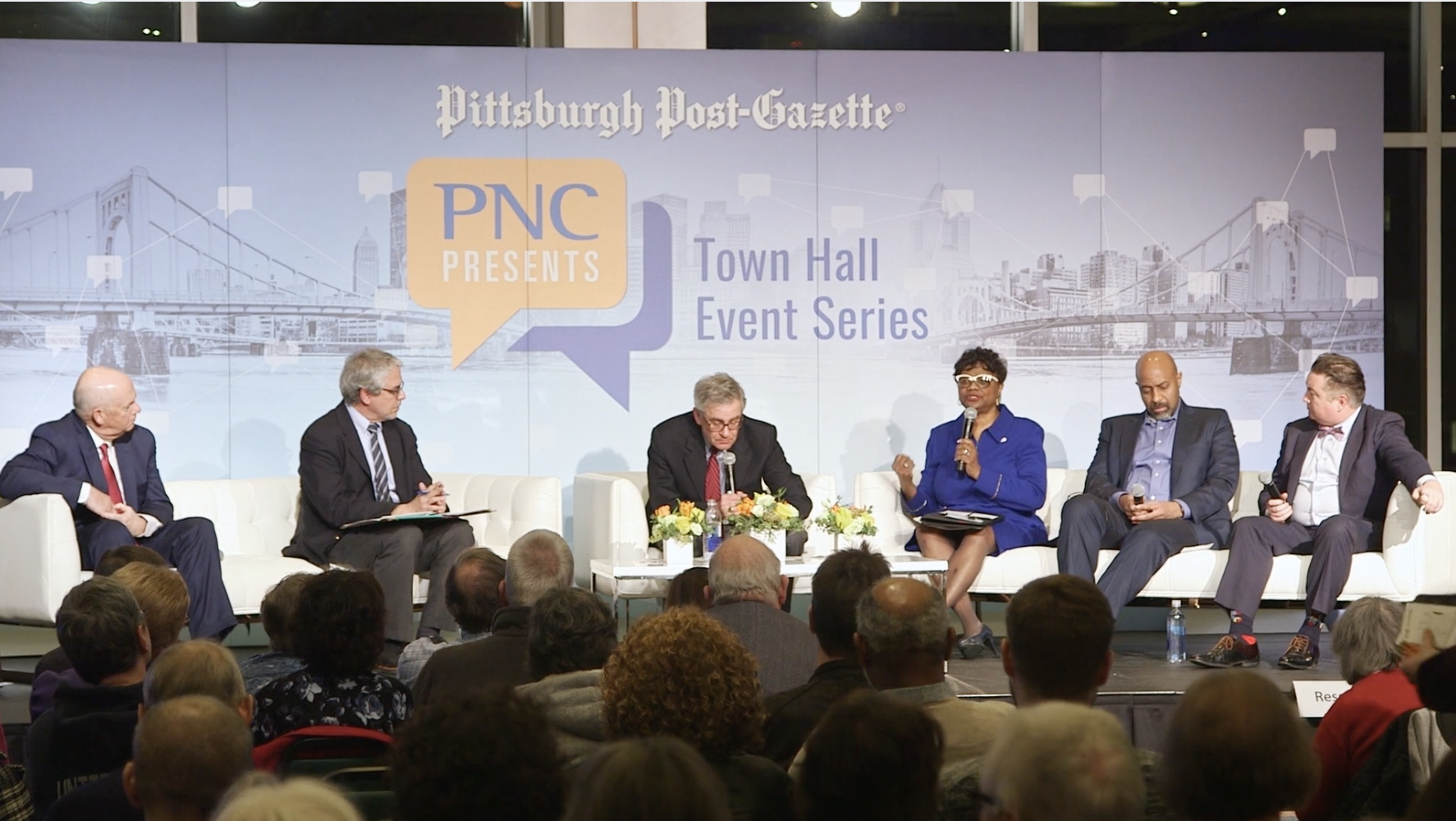Excerpted from Facing History and Ourselves “Antisemitism and It’s Impacts” Explainer
How Does Antisemitism Impact Individuals and Communities?
Suppression of Personal Identity
When young people witness or are the targets of antisemitism in their communities, they may feel isolated or more vulnerable. Those who are Jewish may become afraid to state or show their Jewish identity for fear that they will become targets of further antisemitic comments on social media and in person. Suppression of identity—being afraid to bring your whole self into your various communities—is one potential impact of antisemitism. Another critical component is how others respond to antisemitic behavior and actions. Is antisemitism being recognized and challenged in the community? Do Jews feel they have allies who stand in solidarity with them?
Violence
Despite Jews making up only 2% of the United States population (and 0.2% of the global population), hate crimes that target Jewish communities made up more than half of the reported religious-based crimes in 2021. According to the New York Police Department, there has been a 400% increase in attacks targeting Jews in February of 2022 compared to the previous February. In 2021, American Jews, both adults and children, were punched, stabbed, bludgeoned, shot, burned by fireworks, verbally assaulted, and spit upon while going about their daily lives in their communities.
The consequences of absorbing antisemitic conspiracies into one’s worldview can go beyond violent assaults against Jewish individuals to broader acts of terror. In the January 2022 hostage crisis at the Congregation Beth Israel synagogue in Colleyville and the 2018 mass shooting at the Tree of Life synagogue in Pittsburgh, the perpetrators of these hate crimes were motivated by antisemitic conspiracy theories that Jews have power and influence over US institutions and policies ranging from the criminal justice system to immigration. Even in the 2019 Walmart mass shooting in El Paso and the 2015 Emanuel African Methodist Episcopal Church mass shooting in Charleston, where Latinx and Black people were the targeted victims, respectively, both shooters were revealed to not only hold anti-immigrant, anti-Latinx, and anti-Black beliefs, but antisemitic ones as well. These different forms of racism are often intertwined, all being rooted in white supremacy.
Tolerance for antisemitism in a society can be an indicator that democracy is fragile. In some cases, a causal relationship has been established between unchallenged antisemitism and increases in other kinds of persecution and bias in society. A Human Rights First report on antisemitism and extremism in France warns that “[l]eft unchecked, antisemitism leads to . . . an overall increase in repression and intolerance. An increase in antisemitism is a harbinger of societal breakdown.”
Like any other form of intolerance, hatred, or discrimination, antisemitism is destructive to an entire community because it encourages suppression or even the extinction of difference, rather than bridge-building, cultural literacy, empathy, and conflict resolution. As writer Dara Horn notes, "One appeal of conspiracy theories is that they absolve their believers of accountability, replacing the difficult obligation to build relationships with the easy urge to destroy."
NEXT: Why Does Antisemitism Persist?

“[I]n the documentary, filmmaker Patrice O’Neill shows her audience the inspirational story of the citizens of Pittsburgh determined to turn the phrase ‘never again’ into action. ‘Repairing the World’ is exactly what Jewish Pittsburghers, and their neighbors, have set out to do.”
Interested in participating in the Repairing the World film campaign? Let us know!
Sign up for Not In Our Town eNews. If you would like to support this project, please donate.




